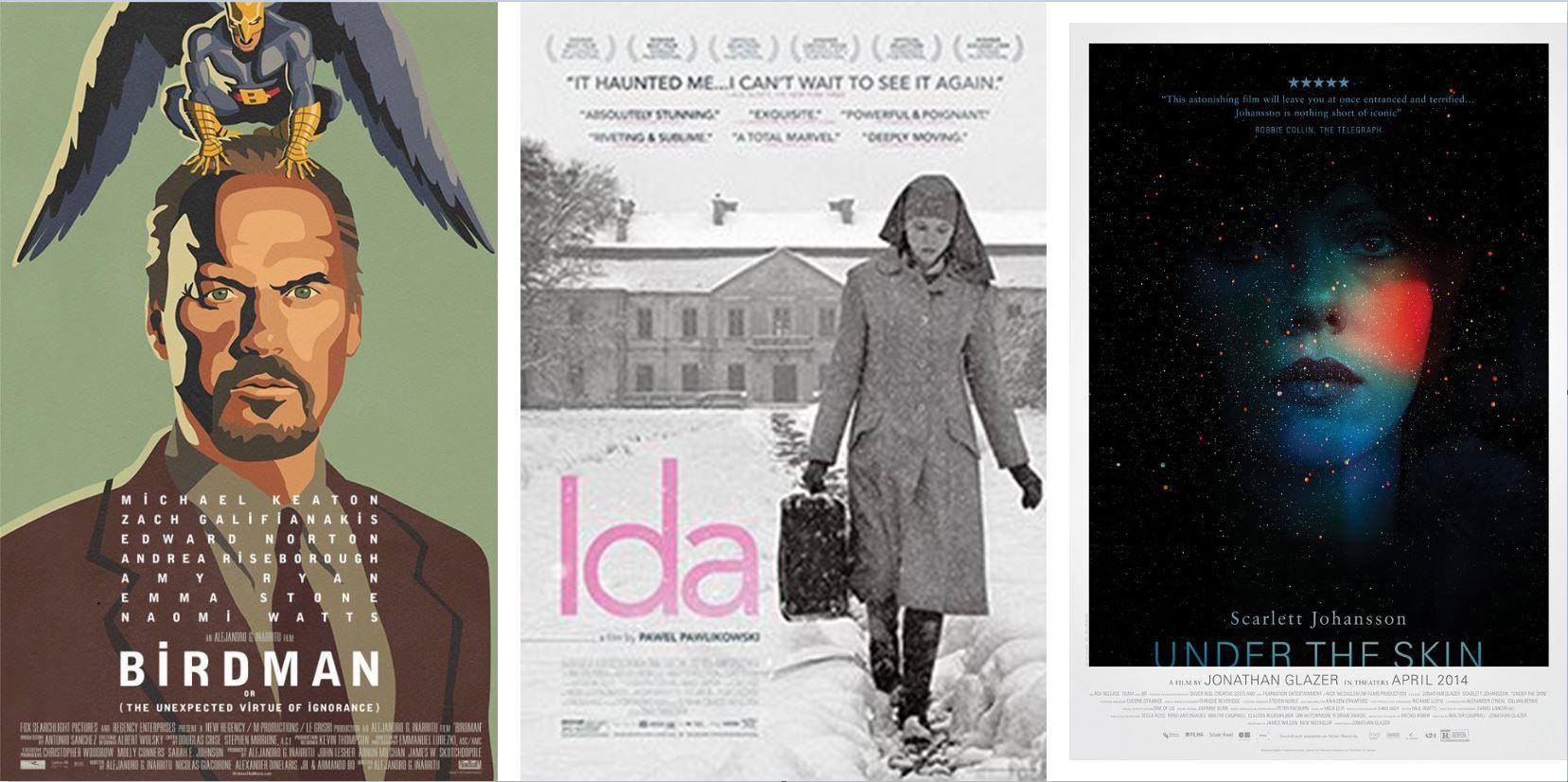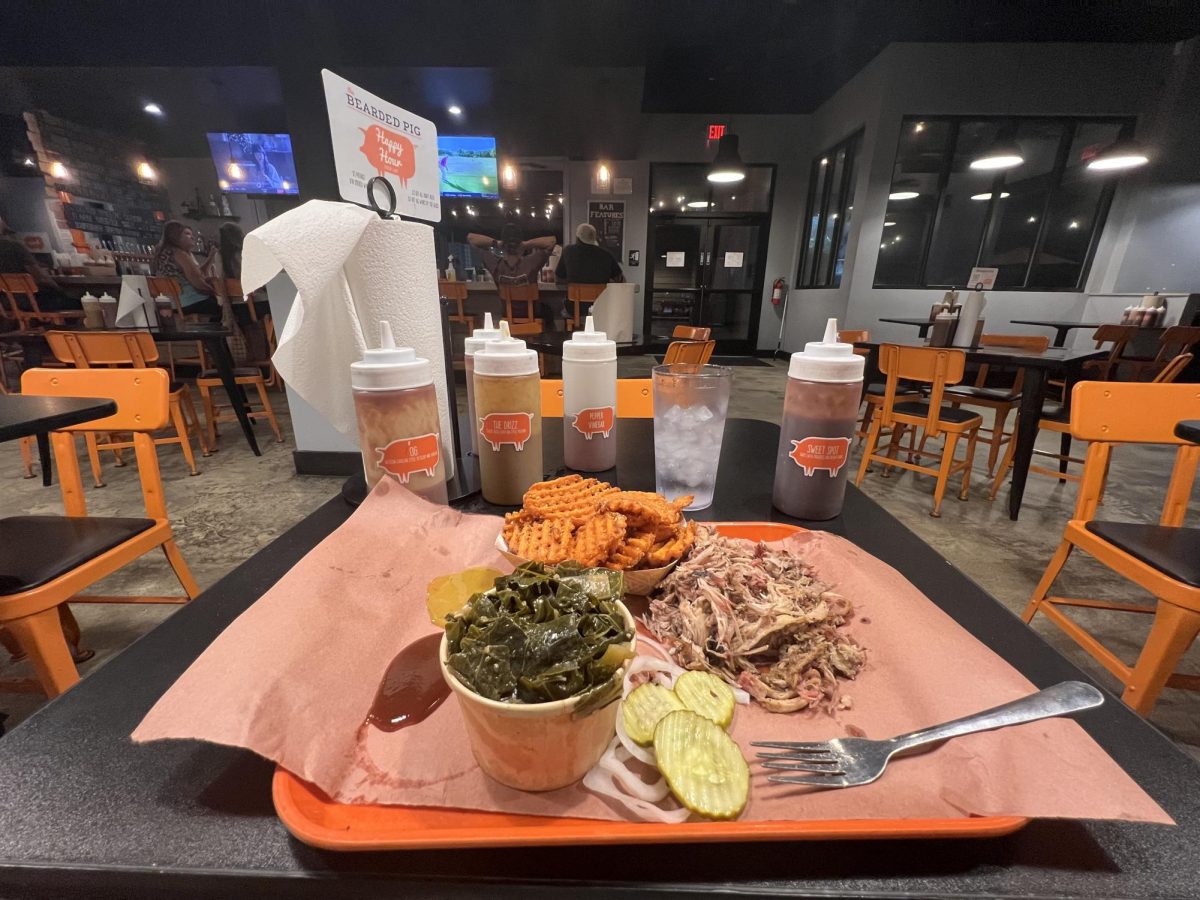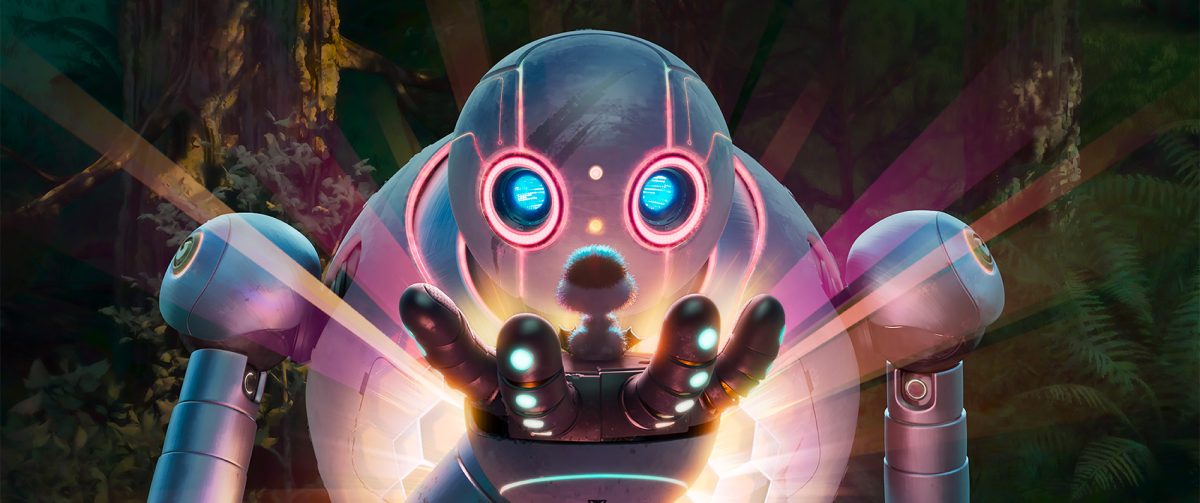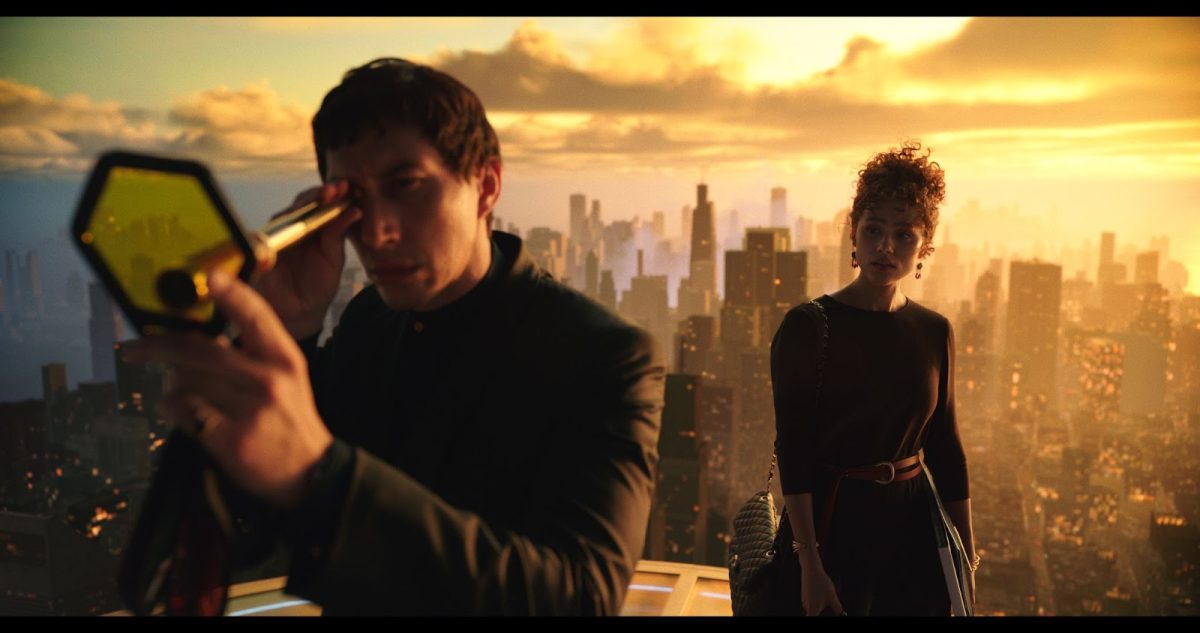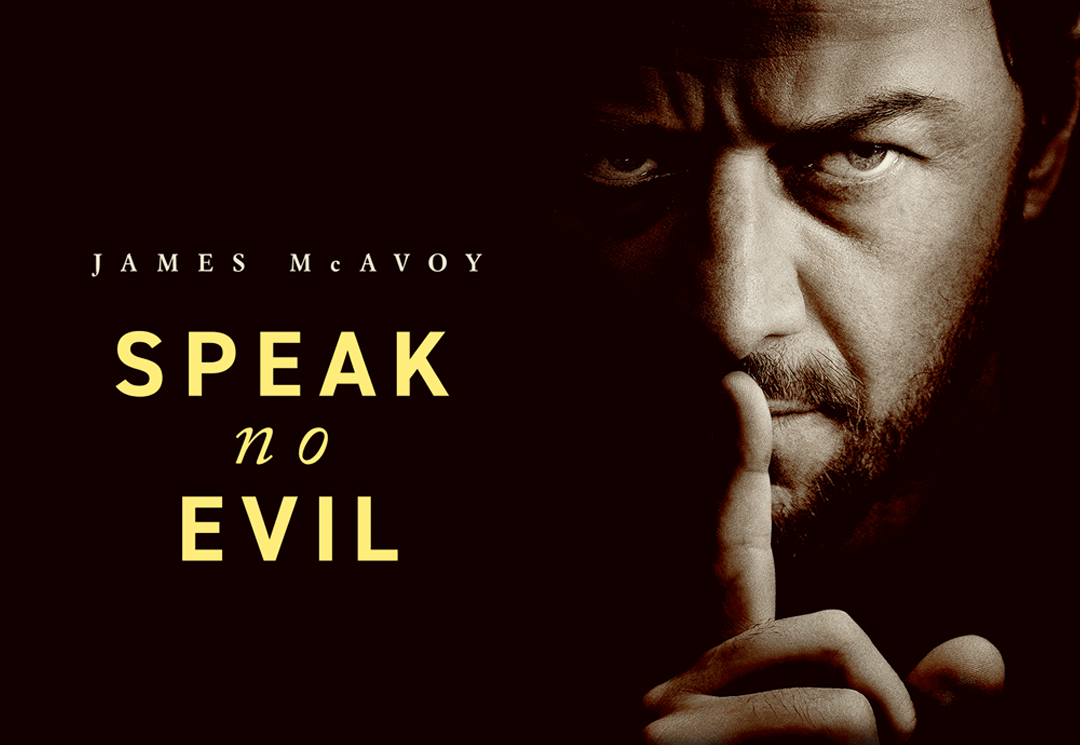The biggest problem with the Academy Awards, I find, is most of the films it recognizes are quite hard to find. Many are still in the theater, which costs money, even gas. Some are available on DVD, which costs nearly as much as the theater, and a small fraction of films are streaming online. Being a college film buff is truly a labor of love.
It’s very doubtful that everyone who will tune in on Feb. 22 has seen every nominated film. Even with the Internet, it’s pretty tough to catch them all. Nevertheless, the choices below are the result of months of reading, film viewing and speculation. They’re informed by comprehensive research, notable trends and the most educated of guesses.
Each notable category is split into three sections: Will Win, Should Win, and Snubbed. Since I don’t mention every nominee or cover all of the minor categories, like editing and sound mixing, you can find the full list of nominees here.
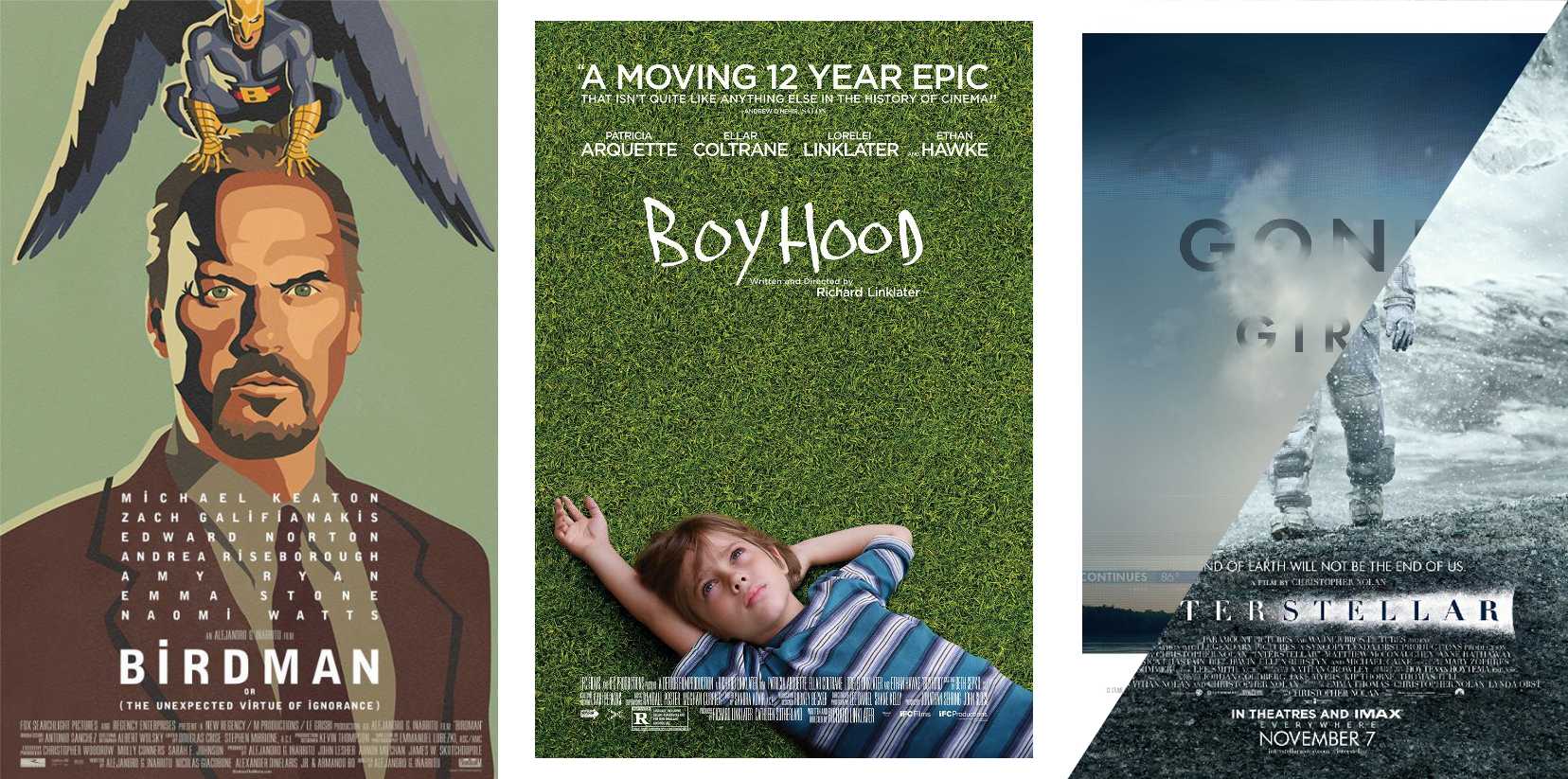
Best Picture
Will Win: Birdman. Despite being a cynical, unpleasant, self-important slog of a film, and aside from the stiff competition from Boyhood, Birdman will take the big prize because, unlike Boyhood, it fits as what RogerEbert.com’s Omer Mozaffar calls a “liberation story.”
“The Oscar goes to a film that involves someone in some sort of prison, seeking and achieving some sort of freedom,” Mozaffar writes in an article about Oscar-worthy films. Braveheart, Schindler’s List, American Beauty–all of these are liberation stories of some sort, and they’ve all won Best Picture. Birdman, about an actor who wants to free himself from the constraints Hollywood has imposed on him–being typecast as a superhero, in other words–looks to continue this tradition. It also appeals to voter sensibilities by depicting acting as the most important profession ever created.
Needless to say, I hope I’m wrong here.
Should Win: Boyhood. Critics have almost unanimously declared Richard Linklater’s 12-years-in-the-making study of youth, family and the 2,000’s as the best film of 2014. Watching the film, which shines in its smaller moments and distills the essence of a decade into two and a half hours, it’s easy to see why. While it isn’t my favorite film of the year, it’s certainly more worthy of Best Picture than Birdman. Also worthy are Selma, which won’t win, and The Grand Budapest Hotel, which could surprise.
Snubbed: Since the Academy changed its rules and began allowing up to 10 nominations, there haven’t been many real snubs. The lack of Gone Girl and Interstellar is somewhat odd, however.
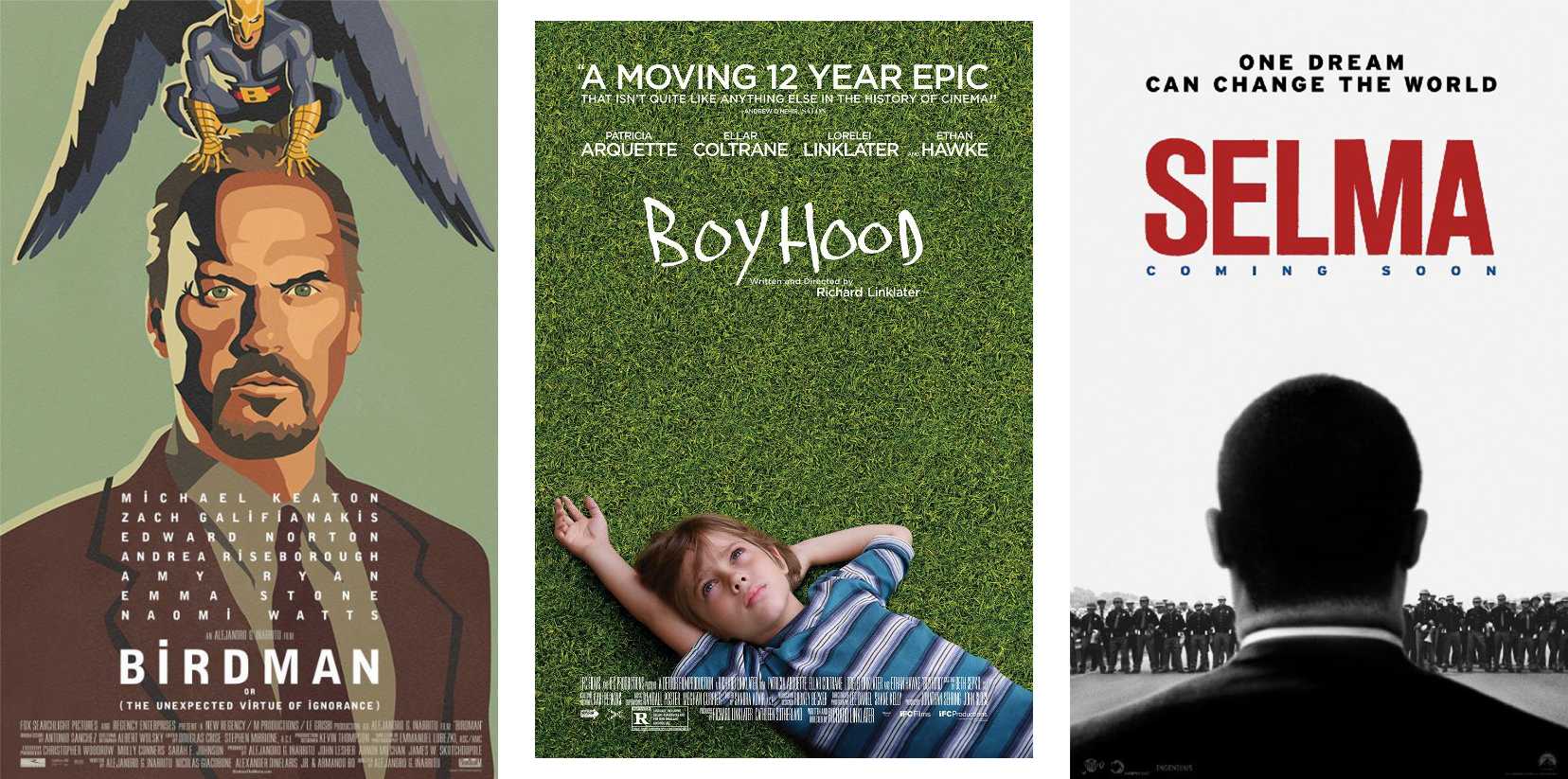
Best Director
Will Win: Alejandro González Iñárritu, Birdman. The Mexican director won the Director’s Guild Award (DGA), a potent predictor for this category–of the last 20 DGA winners, 16 took the Oscar as well. It’s one trend that’s hard to ignore, but one that hopefully yields to the correct choice:
Should Win: Richard Linklater, Boyhood. I will make this as clear as possible: he spent twelve years making this film, on and off. The fact that it’s such a wonderful, heartfelt film, let alone tonally consistent, is incredible. Linklater made his masterpiece with Boyhood. If he’s ignored, it will be a crime. Speaking of which…
Snubbed: Ava DuVernay, Selma. To explain why DuVernay, who would have been the first black woman to be nominated for this award, was snubbed, we have to look at two very important percentages: 94 and 72. 94% of Academy voters are white, and 72% are male. With that in mind, it’s easy to see why Selma was denied, and why the Academy would rather give Clint Eastwood a nomination for American Sniper, a jingoistic war film that’s less Saving Private Ryan and more Stolz der Nation.
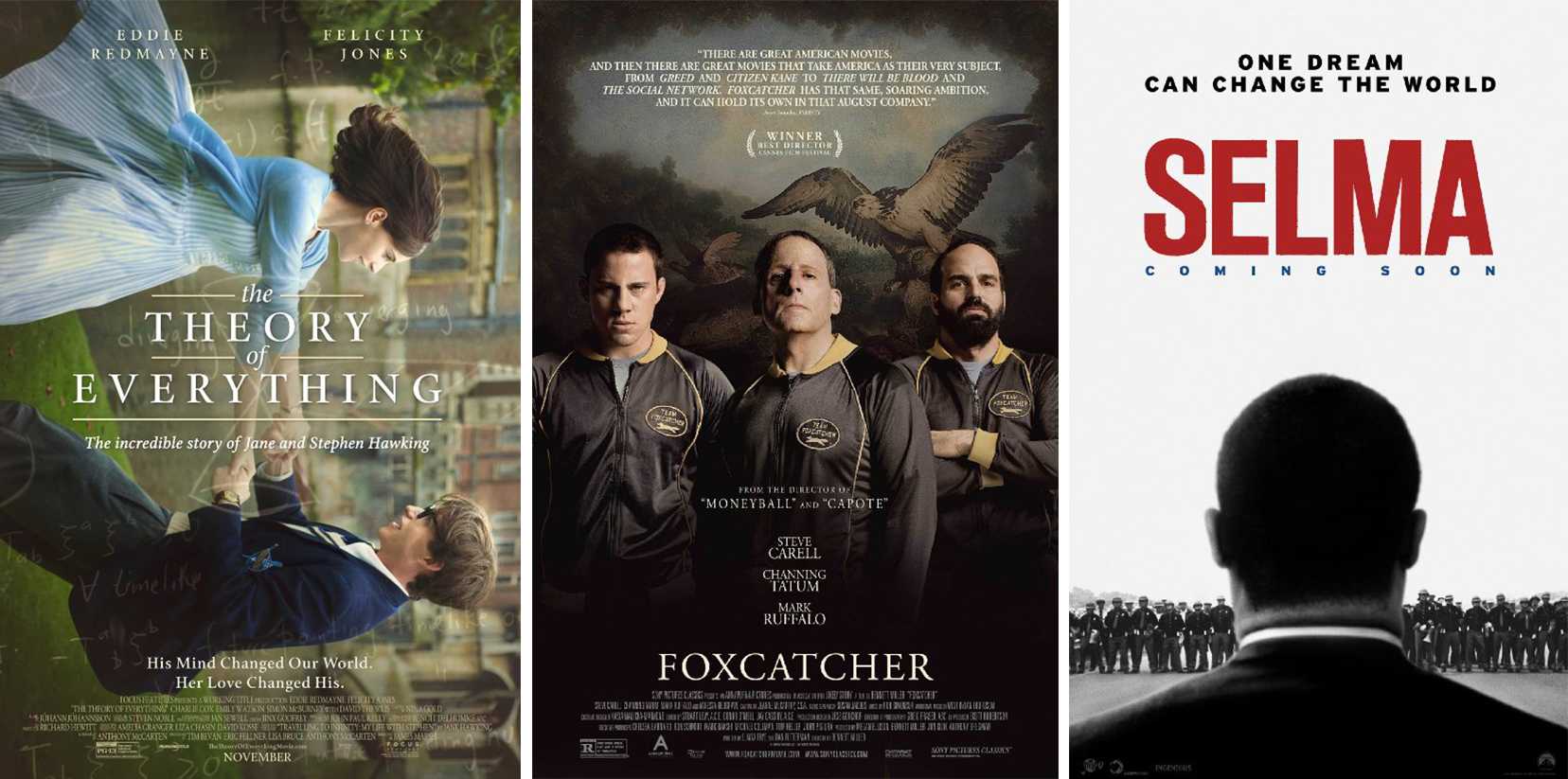
Best Actor
Will Win: Eddie Redmayne, The Theory of Everything. While the popular choice in this race has been Michael Keaton’s performance in Birdman, something tells me Redmayne might pull an upset. Let’s go back to Mozaffar: “The Academy Award for Best Actor will go to a performance about a man who is pushing against a very difficult, un-accepting, maddening world. That man has some trait that makes him a square peg in the circle of society.”
Both roles fit that description. Keaton’s Riggan Thompson wants to be a serious actor, but everyone still thinks of him as a movie star. Likewise, Redmayne plays Stephen Hawking, a genius stricken with amyotrophic lateral sclerosis (ALS). However, it’s Redmayne who pulls out another X-factor, the transformative performance. That’s the idea that to win an Oscar, one must change physically. Matthew McConnaughey and Jared Leto did it for Dallas Buyer’s Club last year–Leto’s role even required dressing in drag–and both got statues. As Hawking, Redmayne shows the scientist’s physical degeneration every step of the way, and it will get him an Oscar.
Should Win: While none of the other nominees exactly stick out, Steve Carell’s Foxcatcher performance as deranged billionaire John DuPont is certainly eye-catching. While some have criticized it as a dark version of his work on The Office, it’s much more nuanced and grim than that. He really gets under your skin.
Snubbed: David Oyelowo, Selma. How Oyelowo’s powerful turn as Martin Luther King, Jr. was glazed over by the Academy might be the biggest outrage of this Oscar cycle, considering the performance’s excellence. Oyelowo perfectly emulates Dr. King’s famous speaking voice to the degree that it almost sounds more real than the man himself. What really makes the performance the best of the year, however, is that it doesn’t treat Dr. King as a legendary figure: he’s a man with complex problems, including infidelity, being tracked by the FBI and being responsible for dozens, at one point hundreds of lives. Sometimes, Oyelowo plays him as reverend King, civil rights icon. Mostly, though, he plays him as a black man named Martin who just wants a better life for his people.
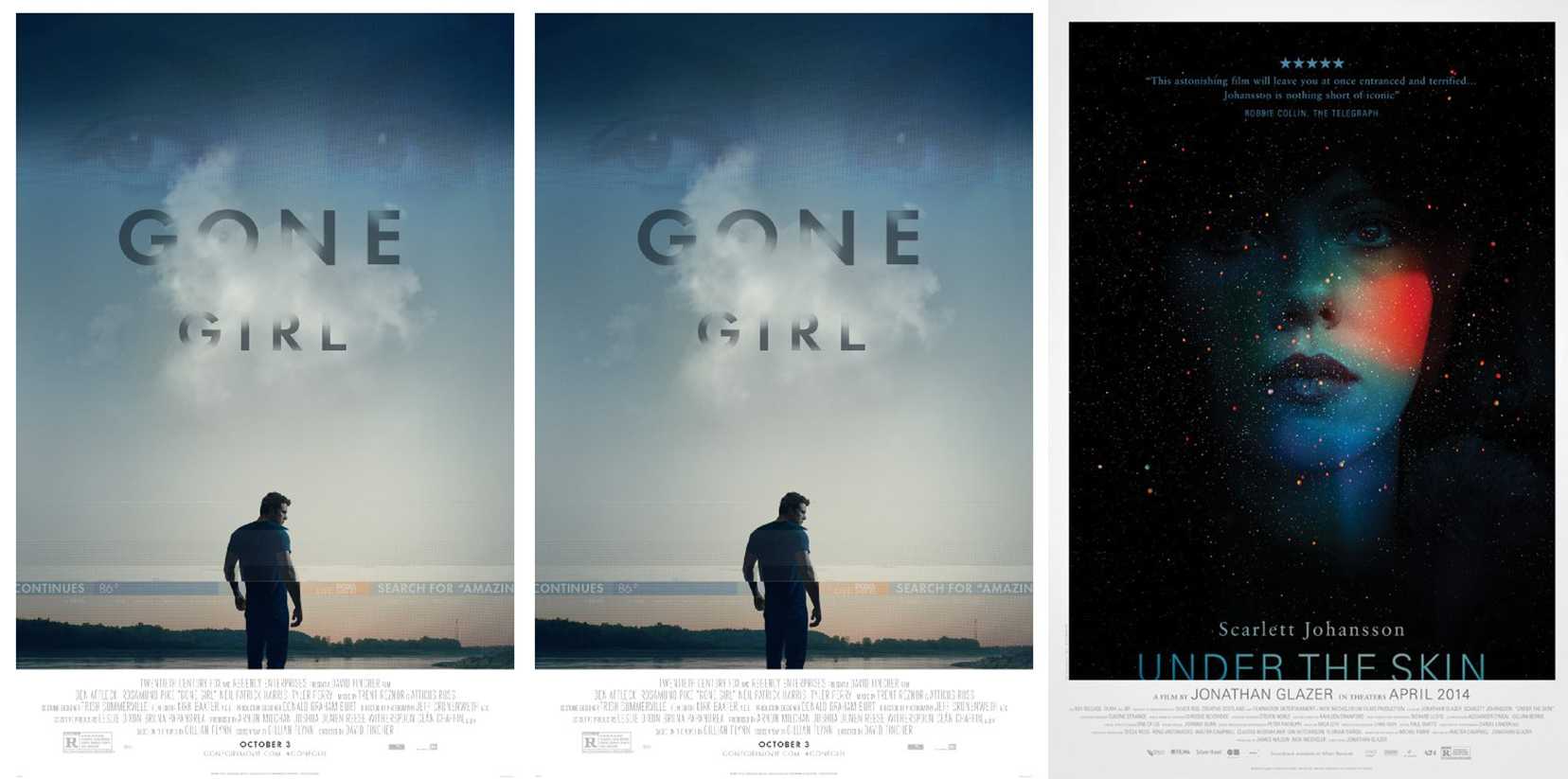
Best Actress
Will Win: Rosamund Pike, Gone Girl. While most outlets have Julianne Moore in this spot for her turn as a Columbia University professor with Alzheimer’s disease in Still Alice, it’s Pike who will be the surprise winner. Why? As Omer Mozaffar writes for Rogerebert.com, “The Academy Award winner for Best Actress always goes to a performance for whom gender and/or sexuality is a major part of the character’s story. If you remove the sexuality aspect or the importance given to gender in the character’s narrative, then you will fundamentally change the character.” Basically, Best Actress is usually awarded to a role that focuses on the character’s status as a woman. The character, her motivations and her actions skew the ideas surrounding womanhood in America and its potency will win Pike the Oscar.
Should Win: Rosamund Pike, Gone Girl. She’s not called “Amazing Amy” for nothing. Pike will be the surprise winner, but her performance is also the best in the field. Bold, ferocious and terrifying, hers is a case of brilliant, justified insanity for the ages. Imagine one of Hitchcock’s famous blondes with the psychoses of Norman Bates.
Snubbed: Scarlett Johansson, Under the Skin. One of the year’s most overlooked performances comes from one of Hollywood’s biggest stars. Johansson plays an alien huntress in disguise, prowling the cities and wilds of Scotland, and seducing men back to a secluded house to use them for reasons unknown. When one capture goes awry, however, the unnamed character begins to question her motives, examine her surroundings, and wonder if her humanity is more than a disguise.
Johansson’s role as the unnamed huntress is one of immediate contrast. When flirting with a possible quarry, she’s bubbly and bright. When he walks away, her face immediately goes cold. As she navigates through the human world, she examines it with curiosity and confusion, perfectly blending in, yet completely out of place. Her powerful performance isn’t just Under the Skin’s center: she’s essential to the film. She is this film.
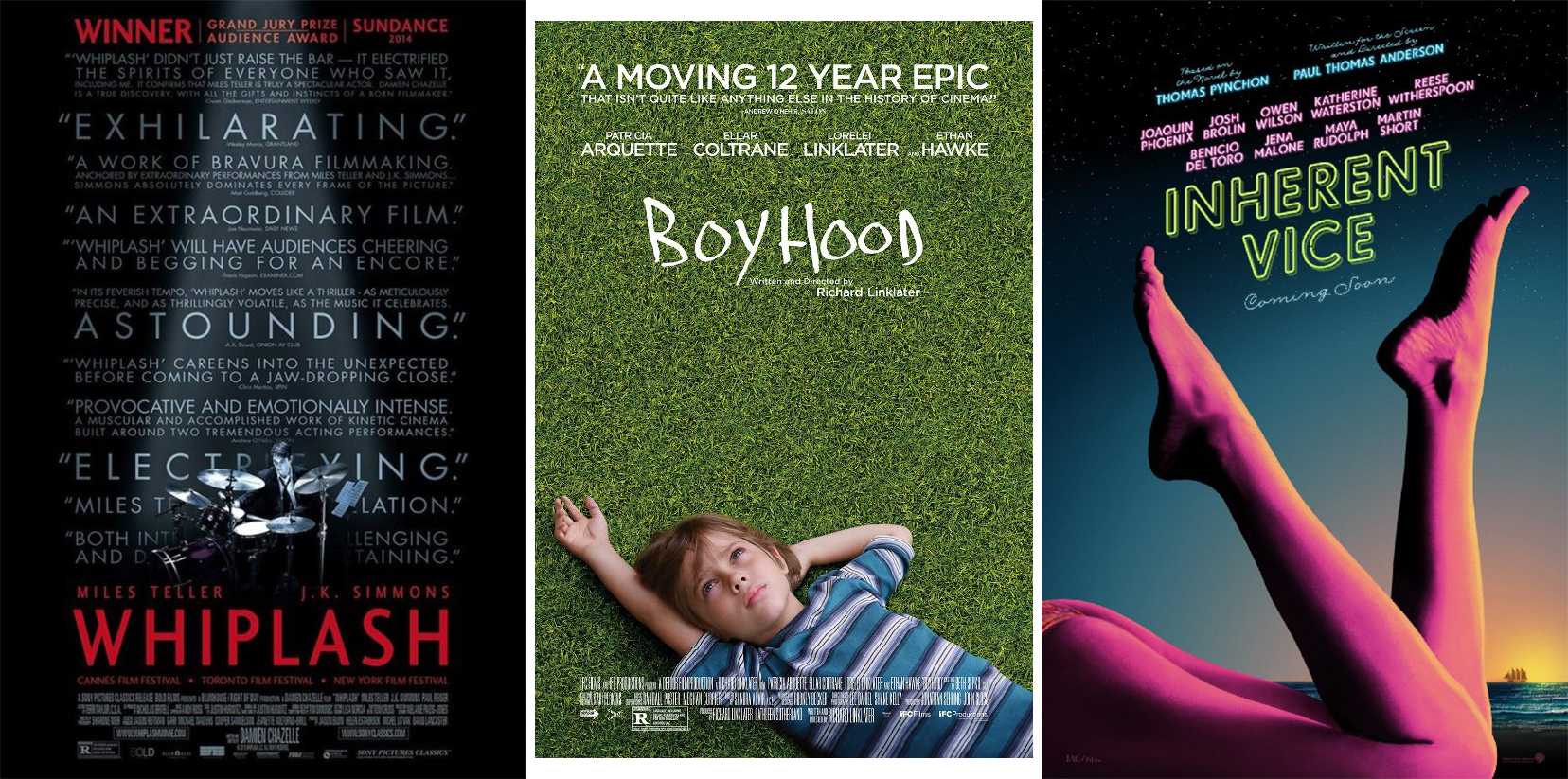
Best Supporting Actor
Will Win: J.K. Simmons, Whiplash. Having won the Golden Globe, the BAFTA and dozens of other assorted awards in this category, Simmons is a lock for his frightening performance as an intense, maniacal jazz band teacher. His victory is assured.
Should Win: I have nothing against Simmons, but wasn’t able to see Whiplash before writing this, so I’ll use this space to talk about Ethan Hawke, who played the father in Boyhood. Over the 12 years analyzed in the film, Hawke’s character evolves from a divorced, less-than-responsible “fun parent” to a more mature, buttoned-up family man, and he pulls it off with nuance and candor.
Snubbed: Josh Brolin, Inherent Vice. I reviewed this film last month, so I can state definitively that Brolin, as Detective Bigfoot Bjornsen is one of its highlights. Bigfoot is alternately buttoned-up and unhinged, torn between the thrills of chasing hippie punks on the street and the orderly ways of polite society. Brolin makes the character pitiable, despicable, and hilarious to watch.
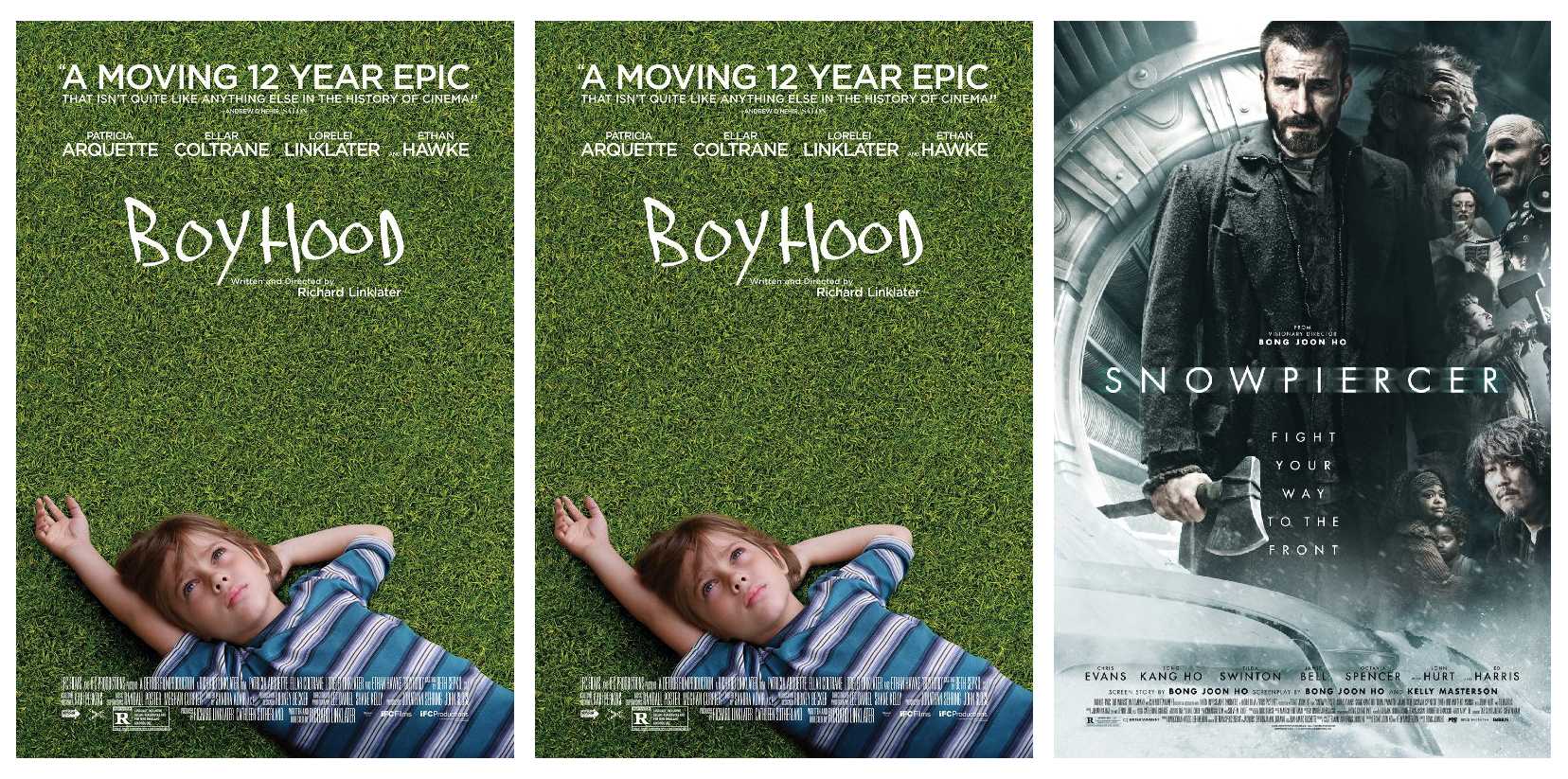
Best Supporting Actress
Will & Should Win: Patricia Arquette, Boyhood. Though she may be in a supporting role, Patricia Arquette is the true star of Boyhood. Over the years in the film, we watch as her character struggles with finding work, raises two children and escapes abusive relationships. By her final scene, as her son leaves for college, she isn’t just Mason’s mom or a single mom: she’s all of our mothers immortalized in one exemplar.
Snubbed: Tilda Swinton, Snowpiercer. While it’s not exactly on the Academy’s radar, Swinton is undeniable in Bong Joon-ho’s post-apocalyptic train ride as Mason, the belligerent, conniving, spiteful first mate on a train for survivors in a new ice age. Part vulture and all ugly, she’s the dehumanizing, disgusted face of an Orwellian master class, and delights in telling the plebeians in the caboose that they’re dead weight. Swinton is an absolute riot in Snowpiercer, and not just because her character’s pejoratives instigate revolt.
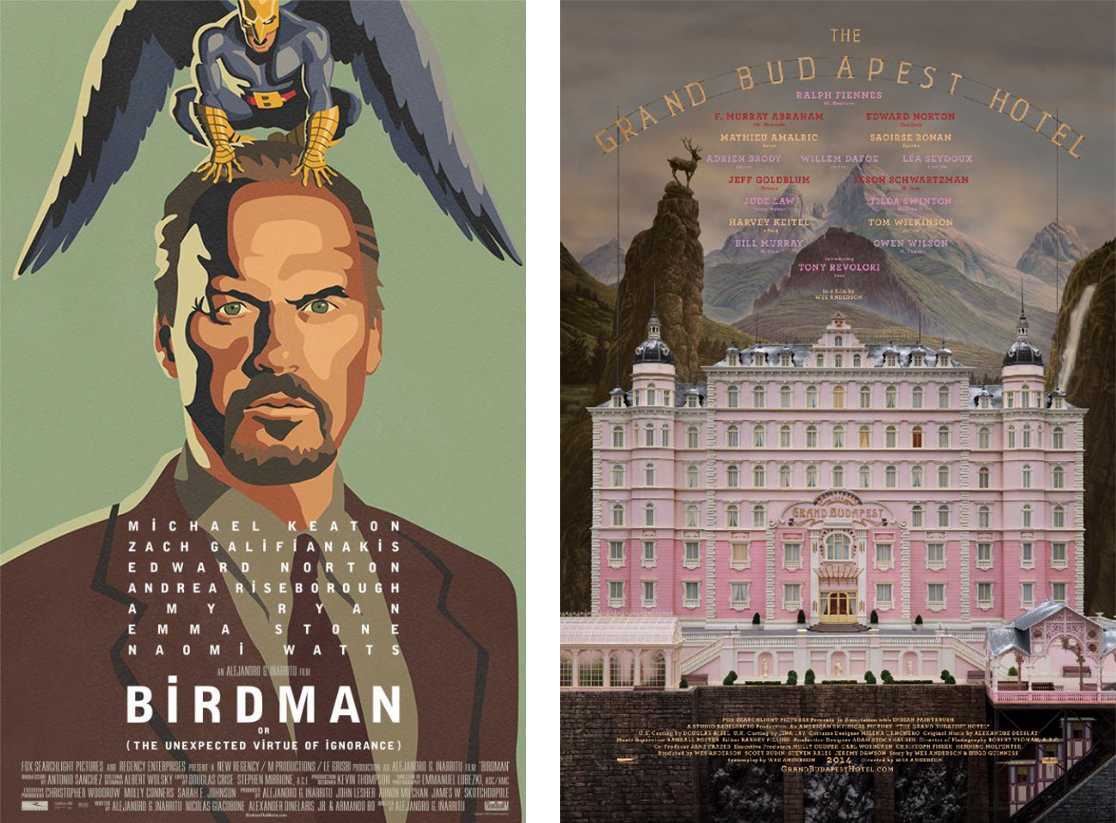
Best Original Screenplay
Will Win: Birdman. A few choice words that can describe Birdman’s script: cynical, repugnant, salacious, lewd, self-righteous, and above all, snappy. I’m obviously not a fan of the film or its nasty, yet admittedly quite strong script, but I can certainly see how someone could be taken in by it. It may not sweep, but it’ll certainly win this.
Should Win: The Grand Budapest Hotel. Unlike Birdman’s screenwriters, Wes Anderson knows exactly the right time to throw in an f-word. He’s also much more adept at every other part of writing, and his script is clever, hilarious and touching, instilling emotional weight into his characters’ cartoonish exploits. Anderson probably won’t win anything else–neither did Spike Jonze, who won last year’s Original Screenplay award for Her–but he can definitely win this.
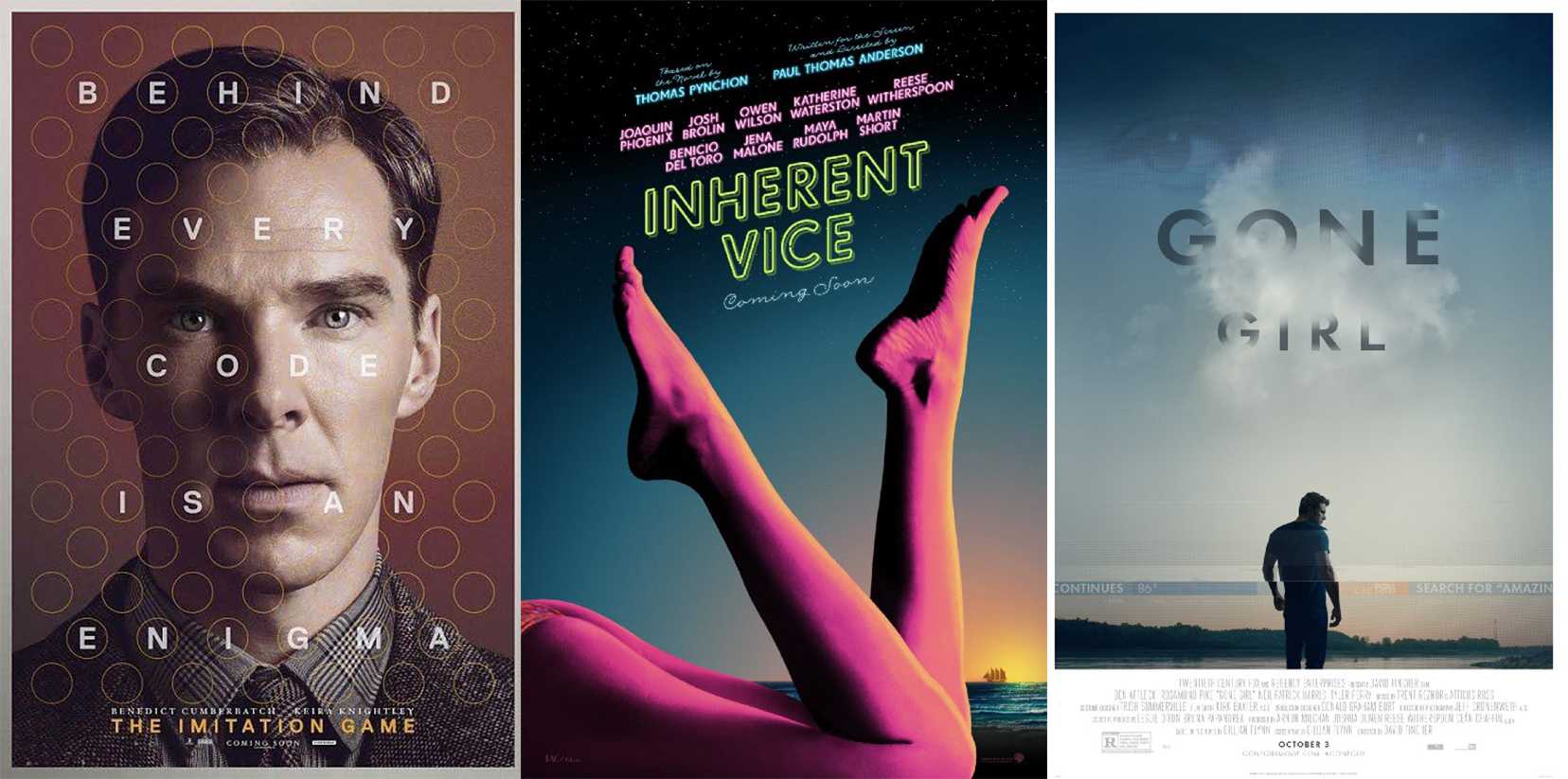
Best Adapted Screenplay
Will Win: It’s a toss up, but I’ll go with The Imitation Game as the most Oscar-friendly choice.
Should Win: Inherent Vice. Speaking as someone who read Thomas Pynchon’s dense psychedelic noir novel before seeing the film version, I was amazed at how much clearer the movie is in story than the book. In interviews, writer/director Paul Thomas Anderson modestly admitted to basically copy and pasting the whole book into word and deleting chunks to form the screenplay, but his approach succeeded in making the story much less foggy while maintaining its referential, irreverent comedic tone. And even if this is more Pynchon’s award, he certainly won’t be at the Dolby Theater to accept.
Snubbed: Gone Girl. While this is a snub with the smallest amount of injustice, it’s still ridiculous. Gillian Flynn wrote one hell of a novel, and translated it into one hell of a screenplay. If it had been nominated, it would have been the winner, but the Academy must have shuddered at the film’s sophisticated pulpiness.
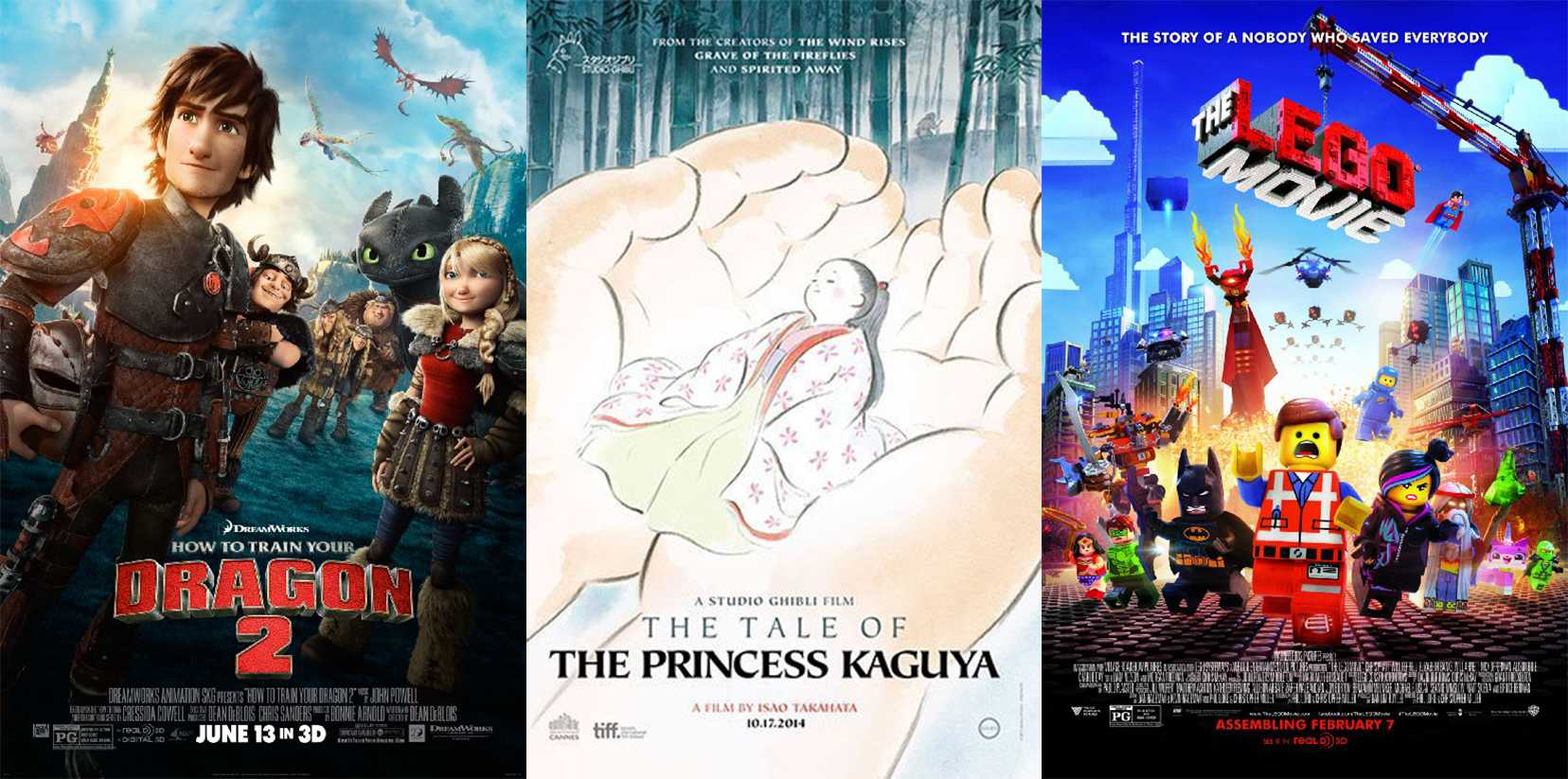
Best Animated Film
Will Win: How to Train Your Dragon 2, which, as the most widely recognized nominee since The Lego Movie was snubbed (more on that later), is now the frontrunner.
Should Win: The Tale of Princess Kaguya. What could be one of Studio Ghibli’s last films is also one of its most creative, expressive, and visually stunning. Director Isao Takahata tells the Japanese legend of a bamboo cutter and the daughter he finds in a grove using a wonderful, innovative animation style that emulates traditional woodblock painting. It’s one of the most brilliant, unique, touching films of last year, and deserves an Oscar not only for pushing ahead animation as a medium, but also for going against the industry grain.
Snubbed: The Lego Movie. Kaguya may be a revelation for 2D, but The Lego Movie, from 21 Jump Street directors Phil Lord and Chris Miller, is easily the most impressive 3D film of the year. Some have argued against CGI, saying it’s the easy way out for animators, but the people behind The Lego Movie scanned every single Lego piece ever made into their system and used it to build enormous, sophisticated digital environments full of buzzing, madcap activity that look just like they were built with real bricks. It looks like the result of painstaking work.
It’s also one of the most quietly subversive children’s movies ever made, featuring a corporation that uses distraction and social engineering to encourage conformity and mask an evil plot to eliminate creativity in the world. Not many kids will catch the extreme irony of “Everything is Awesome,” but they certainly will when they grow up. And then they’ll get mad when they hear one of the smartest and most gorgeous animated films of all time didn’t even get an Oscar nomination.
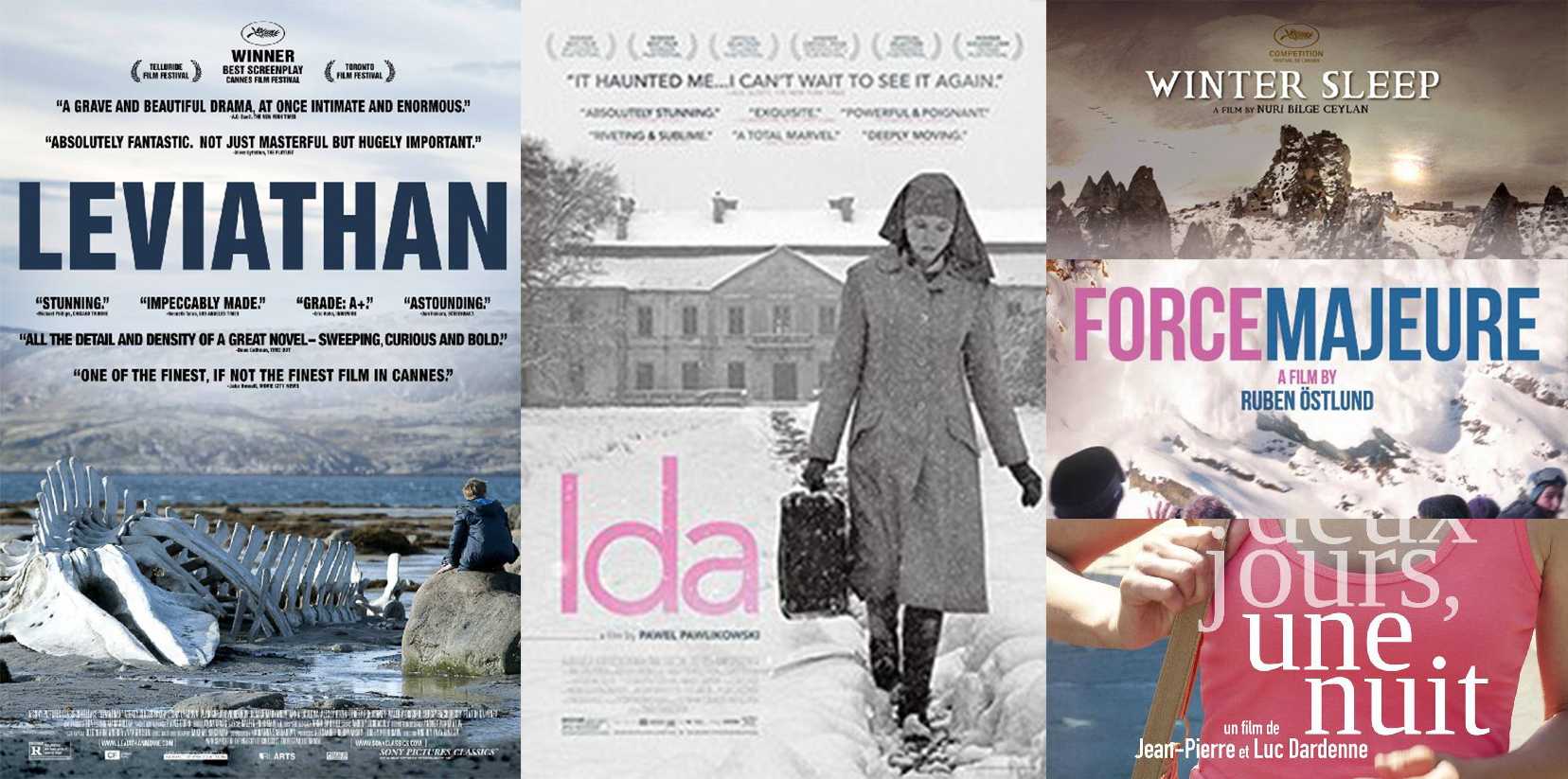
Best Foreign Language Film
Will Win: Leviathan (Russia), because it won the Globe, making it more visible to the voters.
Should Win: Ida (Poland). Bear with me on this one, because while it’s certainly a film that might require some cinematic experience to enjoy, it’s also one of the best films of last year. Pawel Pawlikowski’s film follows Anna, an orphaned nun in 1960s Poland whose mother superior orders her to visit her only living relative before taking her vows. When she arrives at her aunt’s home, she learns two things: her name is actually Ida Lebenstein, and she’s Jewish.
From there, Anna must confront her newfound identity as she and her aunt travel around the country looking for where her parents were buried during the Holocaust. Perhaps that’s not a plot that screams “entertainment,” but the film possesses a crushing emotional center that moves far beyond its austere setting and cinematography. It asks what a person must do when confronted with a truth that threatens to disrupt everything they’ve come to know about themselves, and it does so poignantly and adeptly. The movie is also on Netflix, if you’re interested.
Snubbed: One of the expected nominees was Force Majeure (Sweden), a film about a family caught in an avalanche during a ski trip that’s apparently quite funny. It went without a nomination. Another was Two Days, One Night (Belgium), about a stressed, working class woman who must convince her coworkers to give up their holiday bonuses in order to keep her on staff. Marion Cotillard received a nomination for her starring role, so not all is lost. Finally, Winter Sleep (Turkey), the three-hour drama that won the Palme d’Or at the 2014 Cannes Film Festival, is also absent.
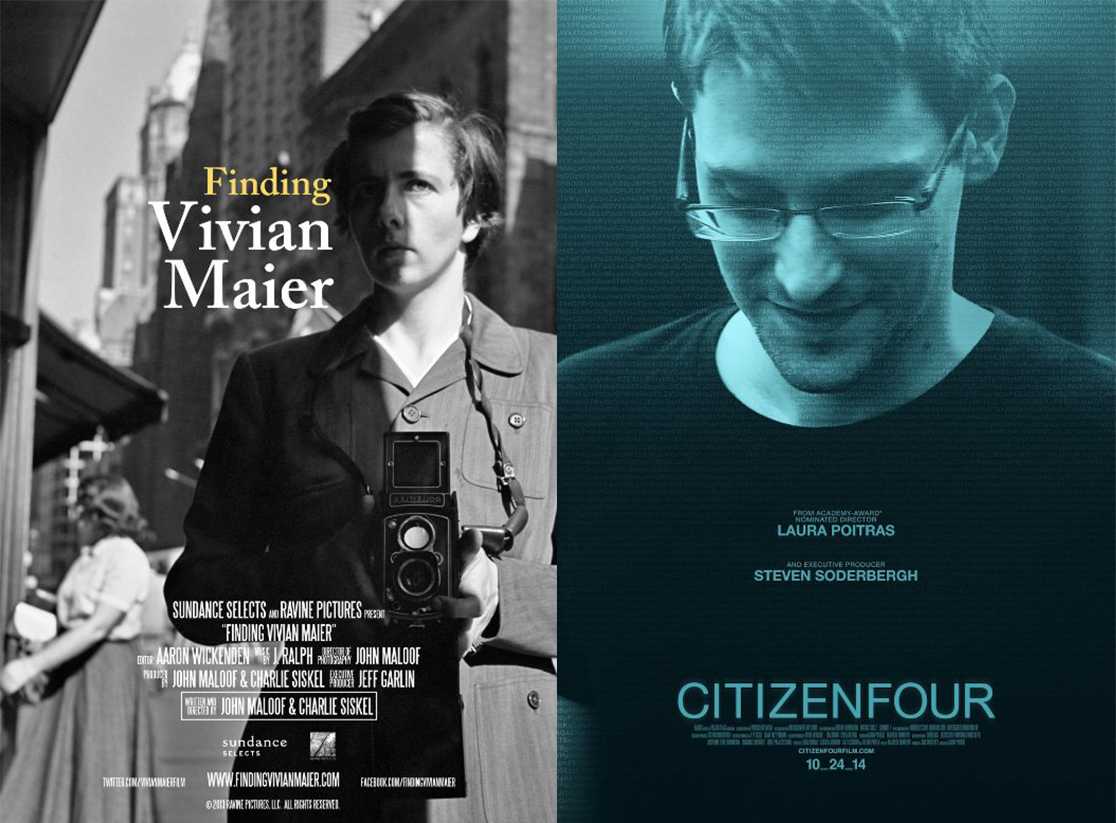
Best Documentary
Will Win: Finding Vivian Maier. Lately, the Academy’s picks in this category have been skewing towards more conventional docs about artists “lost” to the popular consciousness. Two years ago, Searching for Sugar Man, about a Mexican-American guitarist with a South African following, took the prize. Last year, in an outrageous decision that film fans are still pissed about, The Act of Killing, Joshua Oppenheimer’s sobering look at the effects of the massacre of millions of suspected communists in 1960s Indonesia, lost to Twenty Feet From Stardom, which is about back-up singers.
Unfortunately, there’s no indication that this trend will cease. Finding Vivian Maier, about another uncovered artist–this time a Chicago photographer who worked as a nanny–will likely win the Oscar. It’s the most conventional pick.
Should Win: Citizenfour, aka the Edward Snowden documentary. Not only is Laura Poitras’ concluding entry in a trilogy of films about the world after Sep. 11, 2001 the best in the field, it’s also the most stylish, shocking work of journalism in the last few years. Poitras filmed Snowden and The Guardian’s Glenn Greenwald as they broke the story of the NSA’s hacking of millions of American citizens, detailing the frightening extensiveness of the agency’s policies, the lead up to their meeting in Hong Kong, and the fallout. Director Oliver Stone is remaking it, casting Joseph Gordon-Levitt as Snowden. Try as he might, though, it’s not going to come anywhere close to the original.
Best Cinematography
Will Win: Birdman. By far the flashiest part of a very flashy movie, Birdman’s cinematography–made to look like a single long take but is actually an unknown number of takes spliced together by computers–will very likely nab Emmanuel Lubezki, who won last year for Gravity, a repeat victory.
Should Win: Ida. Shot in spare, square “academy ratio,” the cinematography in Ida is a film student’s dream (and I should know, because I am one). Shot composition often places young Anna’s face at the bottom of the frame, dwarfed by the empty space in the rest of the shot, a visual metaphor for her smallness compared to the rest of the world. That’s only one set-up in a beautiful, sparse artwork of a film that has some of the prettiest gray-tone I’ve ever seen in a film.
Snubbed: Under the Skin. While something like the beautifully shot Selma might appeal to voters more, it’s Jonathan Glazer’s claustrophobic science fiction film that really shined this year. Not only does the film look stunning, recording Scotland’s grim beaches and foggy highlands with sumptuousness and style, the film also used an inventive new camera approach for scenes in the van used by Scarlett Johansson’s character. Dozens of cameras, each a different angle, were hidden in different spots in the van. This enabled Glazer and co. to surreptitiously shoot scenes with real people, making each interaction different and organic.
—
For more information or news tips, contact assistantmusic@unfspinnaker.com; if you see an error in this story or have any compliments or concerns, contact features@unfspinnaker.com.




